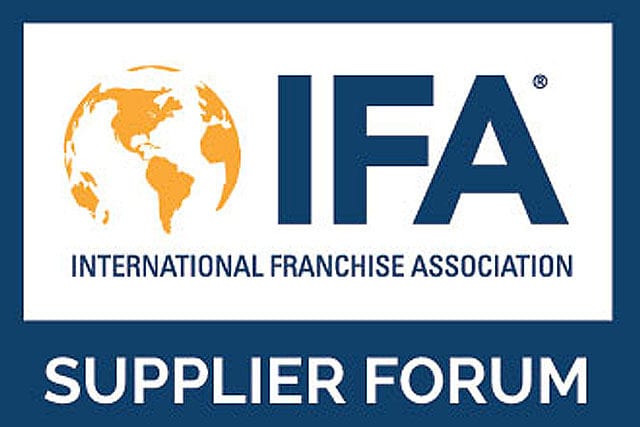Relationships are hard. Period. From personal to professional, anyone who is successful in their relationships knows that it takes serious work that is conscious and continuous. When it comes to franchising, there’s no one who “gets” how to build healthy franchise relationships more than Greg Nathan.
And we are lucky to have Greg here in North America, delivering custom Franchise Relations Boot Camps three separate times in 2013. Greg will be custom-crafting 1, 2, and 3-day Boot Camp style sessions with individual franchise companies and introducing his two new models for success – “The Franchisor Wheel of Excellence” and “The Franchisee Wheel of Excellence.” Here’s what a Famous Brands executive had to say about his experience working with Greg:
Contact Me to Check Greg’s Winter, Spring and Fall Open Dates
Check out this great article from Greg identifying six reasons your franchise relationships may be dwindling.
Why Franchise Relationships Get Strained
Greg Nathan, Founder, Franchise Relationships Institute
“When I started in this business my franchisor treated me like royalty — now I am treated like royalties!”
This comment from a franchisee sums up the challenge facing franchisors who are striving to attract new franchisees while also maintaining a team of happy campers. Franchisors need to seriously consider this issue of franchisee satisfaction if they expect existing franchisees to recommend their franchise system to other people.
Of course, maintaining constructive relationships with franchisees is a lot easier to talk about than it is to put into practice. Indeed if you are a franchisor, this is possibly an ongoing challenge. There are six common reasons for this.
- Stress. When people are stressed, they get cranky and difficult to deal with. Whether you are a franchisor or a franchisee, financial and workplace pressures will always test your patience and resolve. If stress levels get too high, they can cause erratic and hostile behavior which can lead to a breakdown in communication and relationships.
- Change. The ongoing changes that have been sweeping the world are also impacting on franchise systems, resulting in a constant need to innovate. This means franchisees often have to adopt new systems, reinvest in their business and sell new types of products or services. Most people resist having change foisted upon them which can als
o create a strain in the franchise relationship.
- The Law of Perception. We may think we have clearly explained something, but people will always put their own interpretation on what they hear. The saying “When perception meets reality, reality always comes out second best” is very true. What the listener heard is more important than what was said. For instance, franchisees sometimes misinterpret a franchisor’s motives for taking certain decisions and this can undermine the trust so important for a healthy franchise relationship.
- The Franchise E-Factor. Franchisees will typically move through six psychological stages in their relationship with their franchisor. I call this the Franchise E-Factor, which is characterized by the stages Glee, Fee, Me, Free, See and We. Franchisees may quickly move from initial feelings of GLEE (“I am very happy with all you have done to get me established”) to the third, ME, stage (“I am working my guts out and you, Mr. Franchisor, are providing little if no value”). Not all franchisees make it to the sixth, WE, stage (“I can see that together we can achieve a lot more than if I just try to battle it out on my own”). The more franchisees that are stuck in the middle stages of the Franchise E-Factor, the more unrest there is likely to be in a franchise system.
- Lack of respect. Whether it is called emotional intelligence, people skills or just good manners, franchisors need to show their franchisees adequate respect and consideration. Franchisor leaders that are overly authoritarian, intimidating or insensitive are likely to create a residue of resentment in their franchisees. At some stage this is likely to express itself as a relationship breakdown.
- Incompetent support. Franchisees quite rightly expect to receive reliable support from people who know what they are doing. As a company grows it is common for the franchisor team to find itself out of its depth in managing the more complex demands of a larger corporation. This can also undermine its credibility and put strains on the franchise relationship.
At the core of every thriving franchise system is a healthy franchise relations culture. There is a limited opportunity to work with Greg in 2013 while he’s here in our neck of the woods. Contact me TODAY to nail down a date if you are all interested!
More soon…
Katrina
P.S. Here’s what a recent custom Franchise Relations Boot Camp attendee had to say about their experience:
“I have come away with a deeper appreciation for my front-line role in creating a healthy relationship with our franchisees.”
— Mark Randgaard, Regional Operartions Manager, Famous Brands



